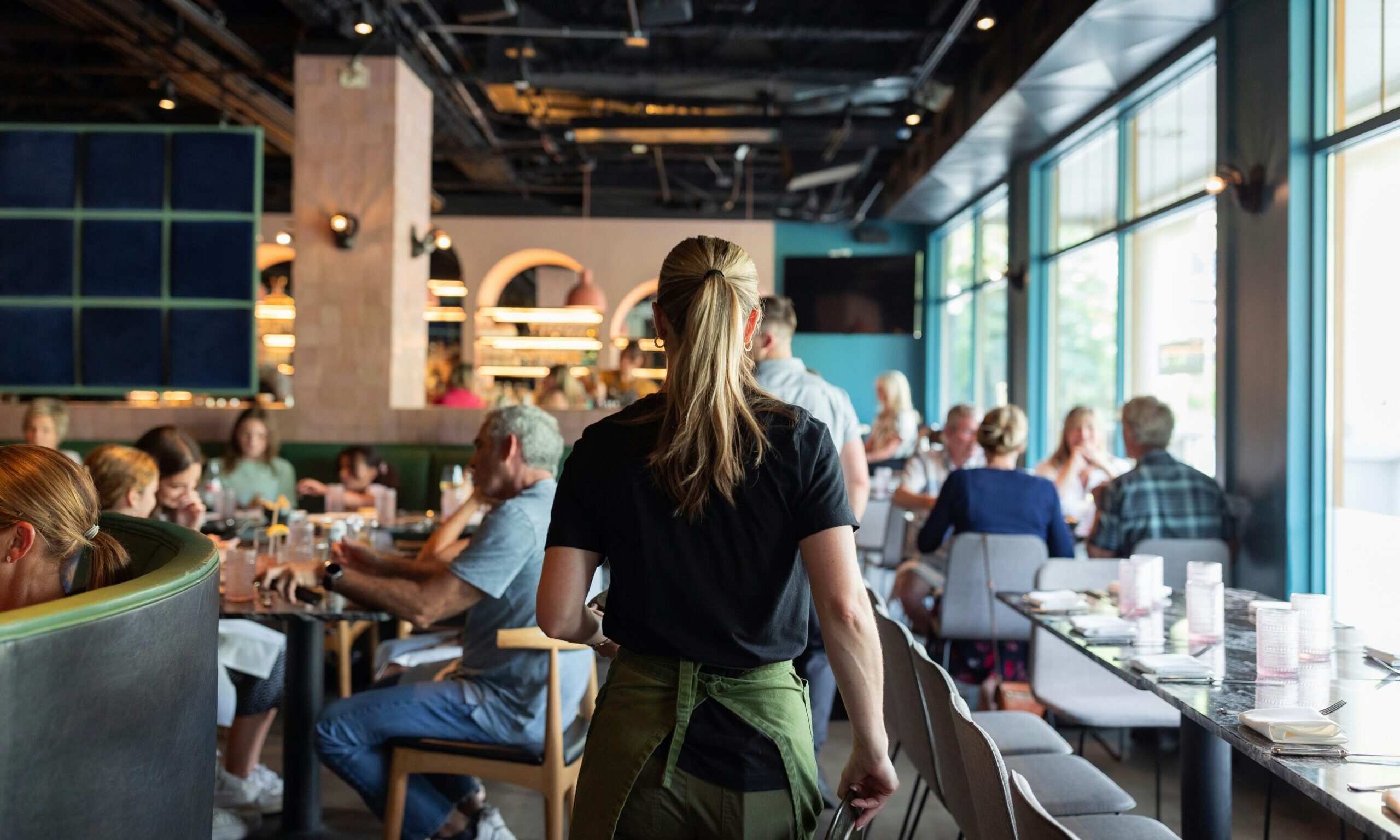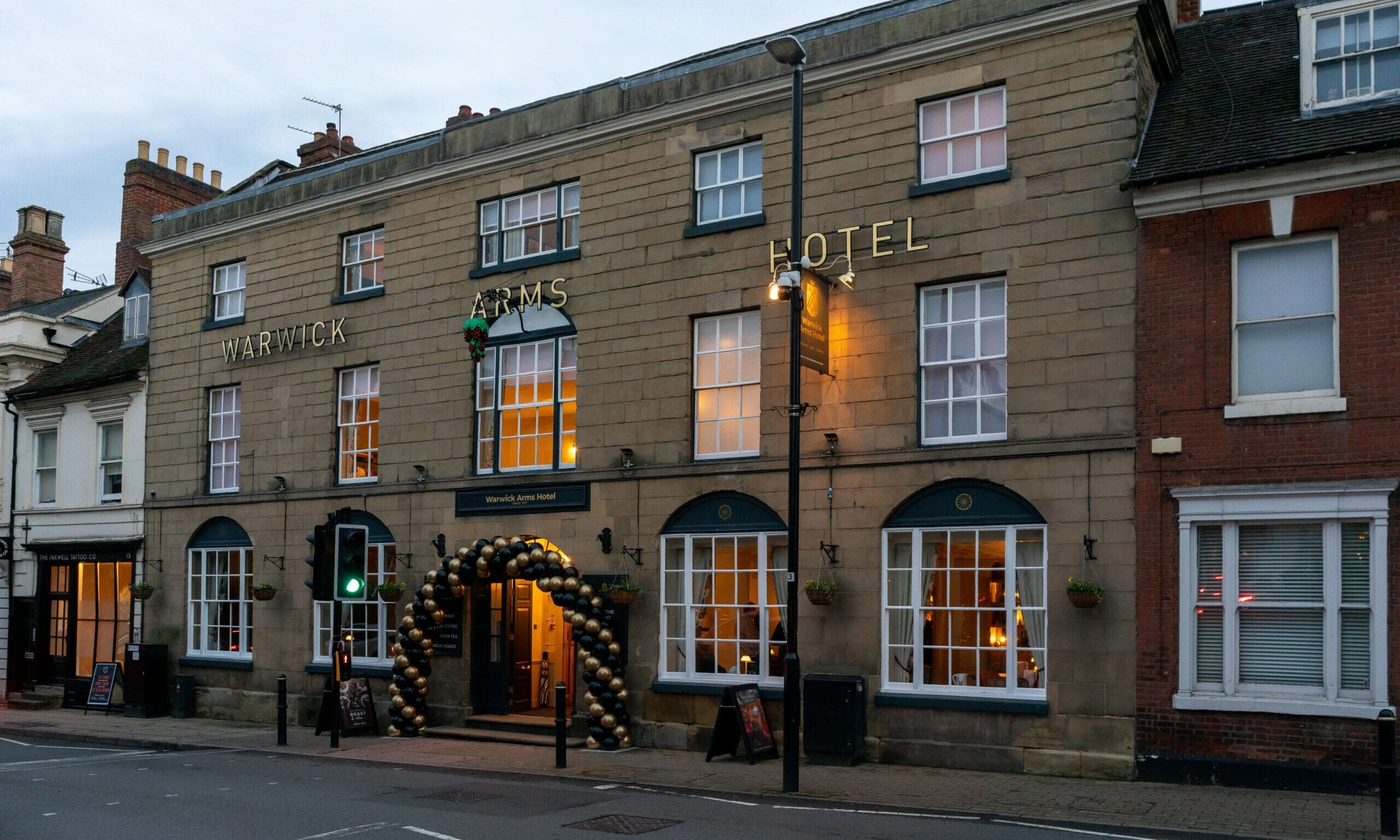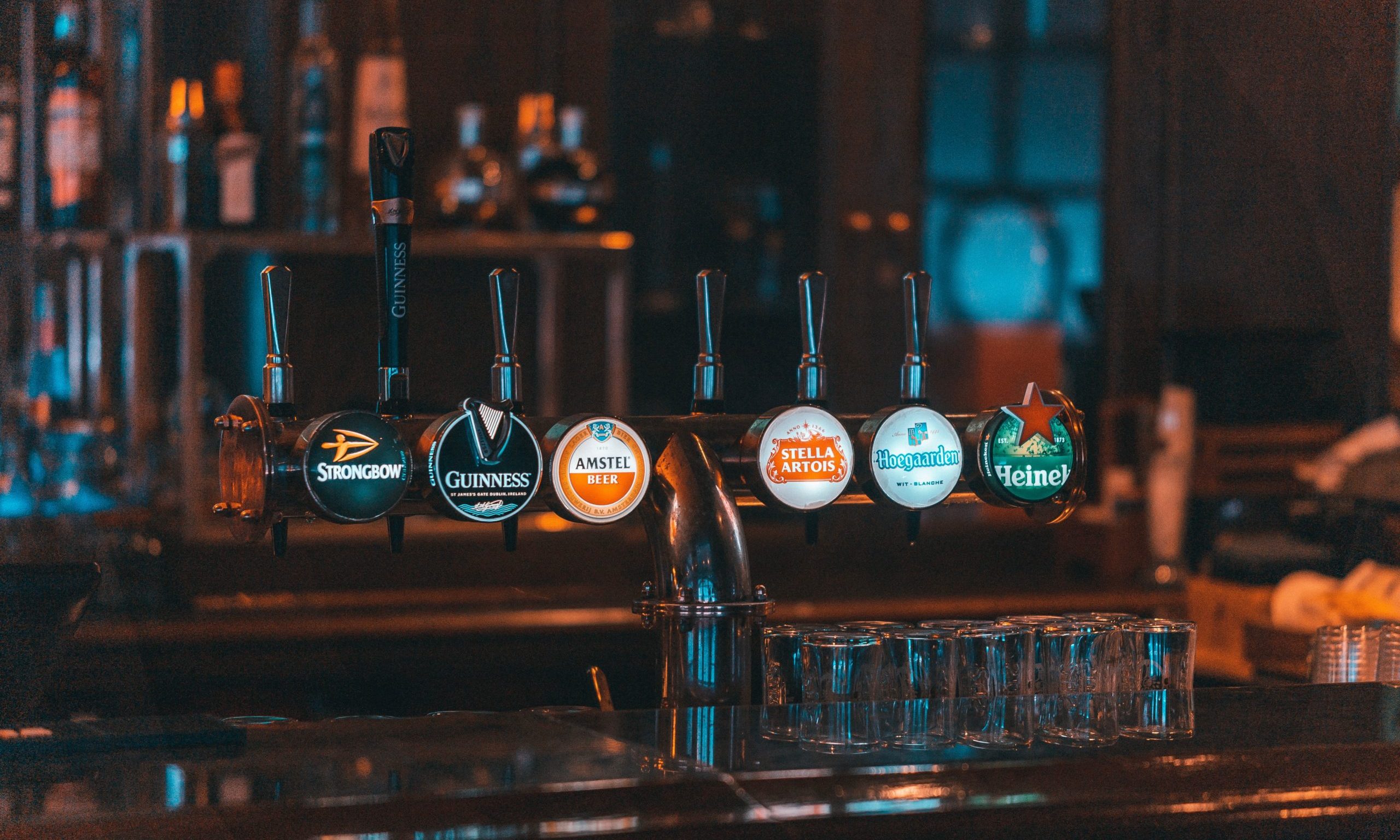Register to get 2 free articles
Reveal the article below by registering for our email newsletter.
Want unlimited access? View Plans
Already have an account? Sign in
Britain’s late-night economy has contracted by 4.6% in the past year, with the number of bars, clubs and casinos now 28% below pre-pandemic levels, according to new figures from CGA by NIQ and the Night Time Industries Association (NTIA).
The findings have been attributed to sustained financial and structural pressures on operators, alongside shifting consumer habits towards earlier evenings. It also comes ahead of the government’s Autumn Budget (26 November).
Sales data from the CGA RSM Hospitality Business Tracker indicates a widening gap between early and late trade. September results show drink-led pubs achieving year-on-year growth of 2.5%, but bars – which trade later – reporting a 6.8% fall. The 5pm to 7pm period has now overtaken 7pm to 10pm as the day’s busiest trading window.
Operators point to rising costs in rent, wages, energy and licensing, as well as concerns about late-night safety and transport. According to the Monitor, 24% of high-tempo night-goers consider security when planning nights out, while 28% assess transport options, often leaving venues quieter after midnight.
The data highlights a growing divide between late-night and evening operators. While late-night venues continue to close, licensed sites trading earlier in the day grew by 0.9% in the year to September and are now 7.4% below March 2020 levels.
Independent businesses have been disproportionately affected. The number of independently run late-night sites has dropped 30.6% since the pandemic began, compared with a 14.5% fall among larger groups with greater ability to absorb cost increases.
The Monitor also shows mixed regional resilience, with bars faring better than nightclubs and northern cities and Scotland retaining a larger share of their pre-Covid venues than London.
Michael Kill, chief executive of the NTIA, said: “For too long, government policies have suppressed a vital part of Britain’s cultural and social life. The late-night economy is an engine for jobs, tourism and community vibrancy, but it is being systematically squeezed. Rising costs, safety fears and unreliable late-night transport are creating barriers to spending and closing doors.
“The Budget is a chance to reverse this trend and recognise the late-night sector as the cultural and economic powerhouse it truly is.”
Reuben Pullan, CGA by NIQ’s senior insight consultant, added: “These numbers are more proof of the huge pressures facing late-night businesses. While many have responded well to seismic changes and challenges, others – especially smaller operators – have found it impossible to recover from Covid and its aftershocks. Consumers remain eager to go out, and demand for hospitality experiences is changing rather than collapsing.
“Christmas and New Year trading will bring a much-needed boost, but we’re likely to see more closures into 2026 unless the late-night economy gets the support from central and local government that it deserves.”



















